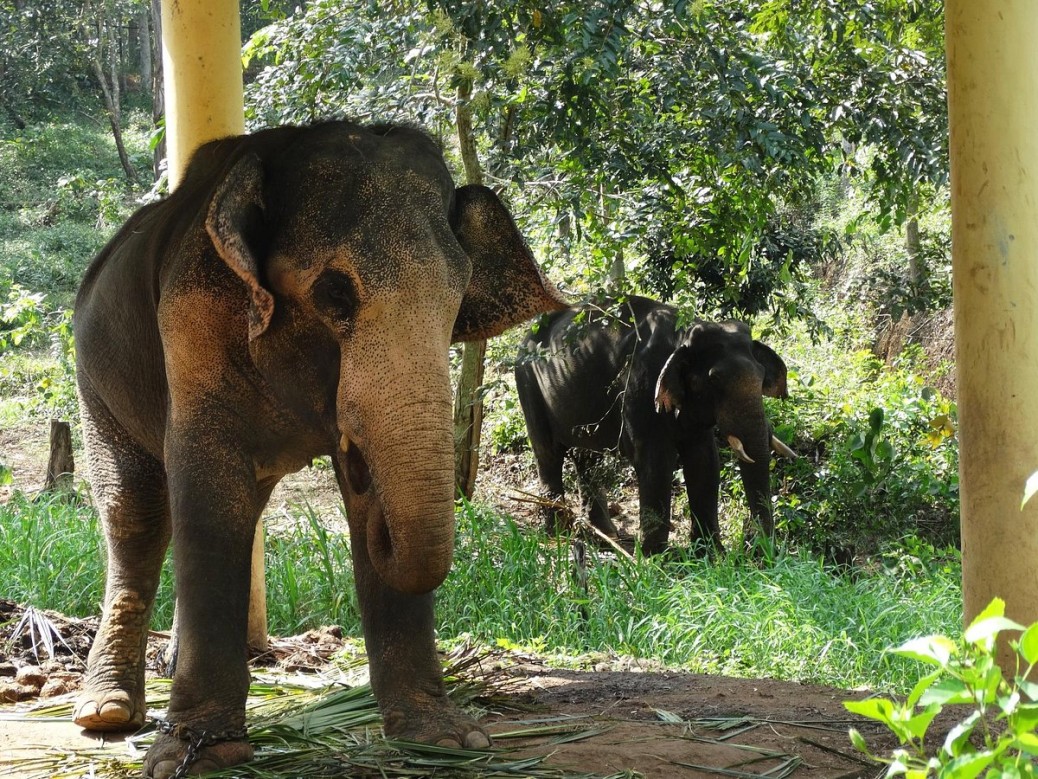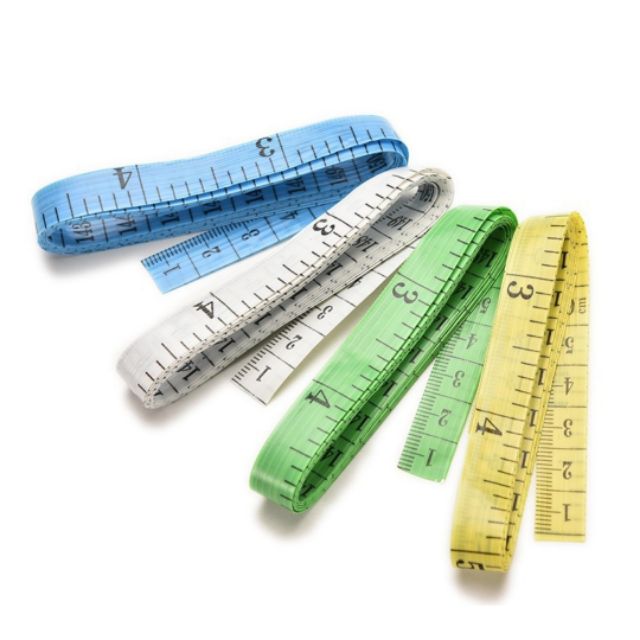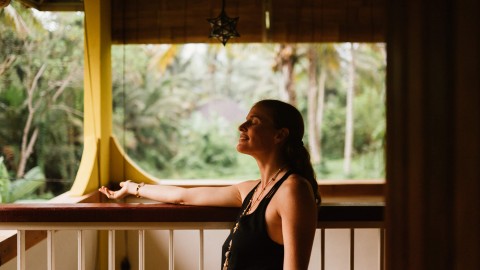Roshi Kapleau agreed to educate a group of psychoanalysts about Zen. After being introduced to the group by the director of the analytic institute, Roshi quietly sat down upon a cushion placed on the floor.
A student entered, prostrated before the master, and then seated himself on another cushion a few feet away, facing his teacher. “What is Zen?” the student asked. Roshi produced a banana, peeled it, and started eating. “Is that all? Can’t you show me anything else?” The student said. “Come closer, please,” the master replied. The student moved in and Roshi waved the remaining portion of the banana before the student’s face. The student prostrated, and left.
A second student rose to address the audience. “Do you all understand?” When there was no response, the student added, “You have just witnessed a first-rate demonstration of Zen. Are there any questions?”
After a long silence, someone spoke up. “Roshi, I am not satisfied with your demonstration. You have shown us something that I am not sure I understand. It must be possible to TELL us what Zen is.”
“If you must insist on words,” Roshi replied, “then Zen is an elephant copulating with a flea.”
Practicing Mindfulness
Roshi produced a banana, peeled it, and started eating, to the student’s question “What is Zen?” by eating a banana he only indicated – as if it is the axis on which the world earth revolves–slowly, evenly, without rushing toward the future. Live the actual moment, present moment.
Buddhism and Zen call the actual moment as Mindfulness. For them Mindfulness: Finding Joy in the Present Moment.
If we examine our days truthfully, most of us would agree that we tend to spend a lot of time operating on autopilot. We’re always making plans, thinking about the future, trying to complete our To-Do lists. We are so busy rushing towards the future and some perceived wonderful event that is more exciting than the present moment, that we don’t actually experience our lives. Eckhart Tolle, author of The Power of Now says, “Most people treat the present moment as if it were an obstacle that they need to overcome. Since the present moment is Life itself, it is an insane way to live.”
How often do we drive somewhere, only to arrive at our destination and not even remember the drive? Or in great anticipation we eat our favorite meal only to realize at the end of it that we didn’t actually taste the flavors at all because we were lost in thoughts about something else? Our days are made up of many seemingly mundane events, e.g. driving, eating, cooking, washing the dishes, etc., yet these are what our days are made of, so surely there must be some way to bring some joy to these activities so we can arrive at happiness now.
Practicing mindfulness is the fastest way to live our lives more fully with happiness and wisdom. The actual practice of mindfulness involves moment to moment awareness of what is happening now, both internally and externally. Internally we become more aware of our body and our mind, while externally we begin to broaden our field of awareness so that we actually take in the external environment as well, leading to a sense of spaciousness, alertness and stillness.
Once you have learnt the basics of mindfulness meditation, then practicing mindfulness in daily life becomes a lot easier. It’s the beginning of reprogramming our minds and training it to remember to pay attention to the life we are living now, not the life we lived in the past or will live in the future. Living in the present moment really has to be the only way to live if we want to feel at peace, content and at home with ourselves, and it will open up the doors for a new way of life, a new understanding and a new reality for us. As the popular Buddhist teacher and nun, Pema Chödrön says: “If your mind is expansive and unfettered, you will find yourself in a more accommodating world, a place that’s endlessly interesting and alive. That quality isn’t inherent in the place but in your state of mind.”
Learning from the story Elephant and Flea: Practicing Mindfulness
Experience Learning
One way to experience present moment awareness is to just become aware of what is happening right now. Try this brief mindfulness exercise, and really reflect on each section before reading the next:
Let your awareness expand as you read this article. Become aware of your surroundings. Perhaps your hand is touching the mouse, feel this sensation. Notice the objects around you, such as any objects on your table. Expand your awareness to the environment you are in, for instance notice the size of your surroundings, whether it’s a small room or if you can see the enormity of the sky outside. Notice the colors of your environment. Become aware of any sounds happening around you. Without thinking or mentally commenting on what you notice, just take a moment to become aware of these things.
Now, bring your attention to your body and notice the sensations that your body is experiencing. Feel the pressure of your body against the seat. Notice any stress or tension in your body, any discomfort or if it is relaxed. Don’t try to relax your body or change position, the point is to just be aware of what the body is experiencing.
Become aware of your mental state, whether you’re feeling happy, melancholic, worried or frustrated. Just notice this mental state without judgment or wishing you were feeling something different.
Try to rest your mind in a state of non-thought, or if a thought comes, just watch it pass without letting your mind get caught up in it. Really start to get a sense of what it means to be in the present moment…
Let your mind become curious like a newborn child, take in your experiences and surroundings as if you have never heard, smelt, tasted or seen them before. Feel a sense of wonderment in what you are experiencing.
Notice how time seems to slow down the more you keep your mind in the present moment.
Notice the peace that is beginning to creep in as your thoughts begin to subside.
Now imagine experiencing each moment fully, and how much time you will suddenly seem to have in your day if you are able to practice this moment to moment awareness continuously.
People who have mastered the art of mindfulness, and even those who simply practice it, will concur that not only does living mindfully bring you more peace, less stress and greater awareness; it will actually bring you more joy and happiness too. Right now our minds have grown dull with the monotony of all our thoughts about ourselves: our regrets or longings of the past, or our hopes or fears about the future, and we’ve lost our sense of curiosity with the world. But as we practice mindfulness and start to expand our awareness to the world (other than listening to our usual commentary) we begin to notice things we’ve long since taken for granted. These might be noticing the snugness of your favorite slippers on your feet, the summer breeze caressing your cheek, the smile on your family member’s face.
Tags: Abundance Art Of Life Let Go Practicing Mindfulness Relaxation And Awareness The Middle Path










